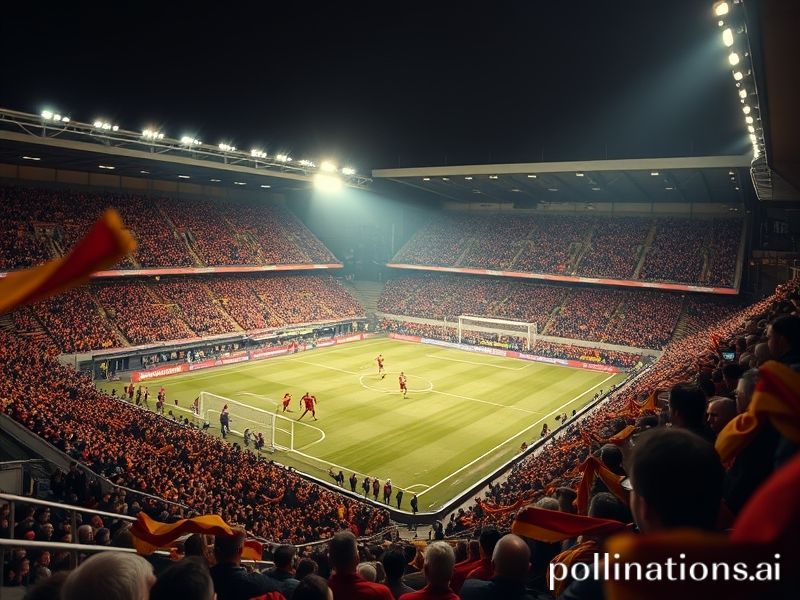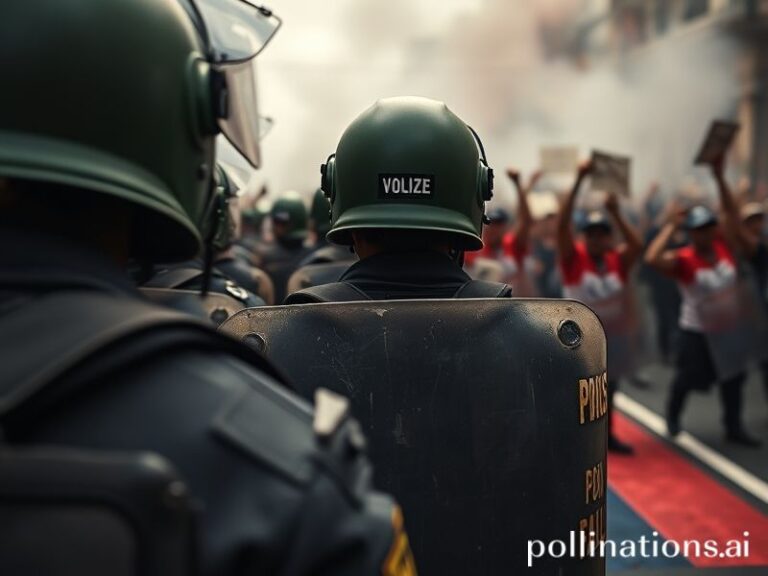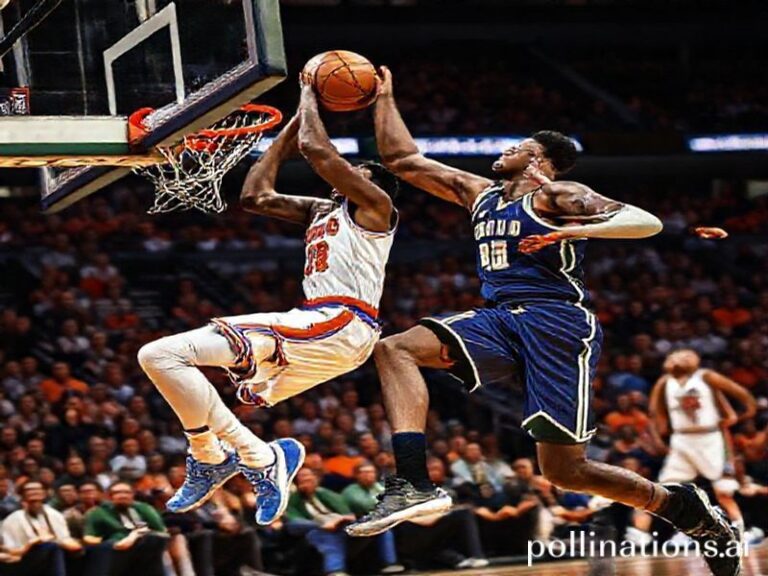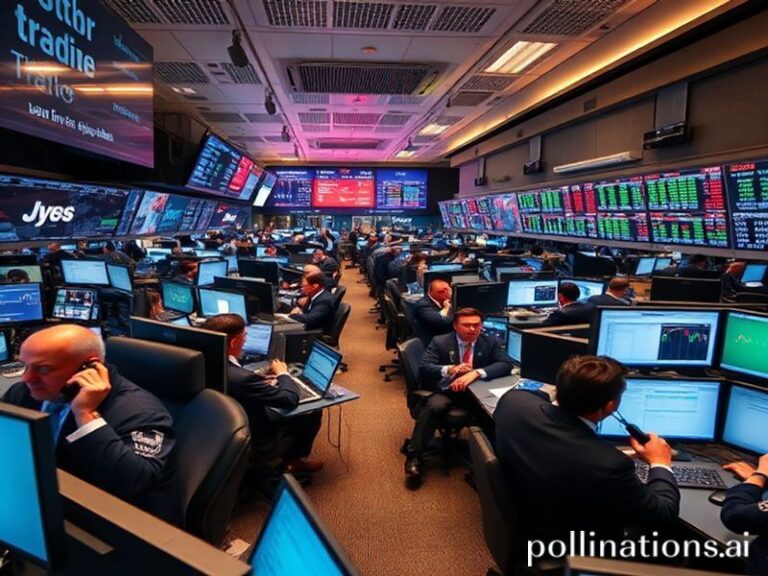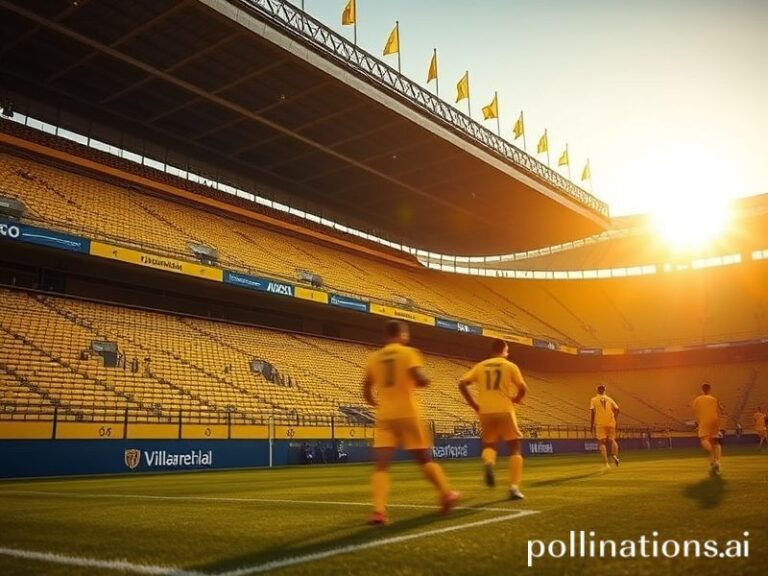Bradford vs Blackpool: When the World’s Problems Took a 90-Minute Break for League Two Chaos
Bradford, England — The world’s diplomats may be busy arguing about tariffs, spy balloons, and whose turn it is to accidentally leak classified documents, but 7,000 miles away from every emergency G7 summit, a more primal drama unfurled beneath the West Yorkshire drizzle: Bradford City versus Blackpool, League Two, Valley Parade, Saturday, 3 p.m. local, 10 a.m. in São Paulo, 11 p.m. in Tokyo—proof that the planet’s clocks are calibrated less by Greenwich than by the whims of the English Football League.
To the uninitiated, this fixture sounds like two faded postcards arguing over whose sepia tone is more authentic. Bradford, a city once wealthy enough to build Victorian palaces of wool and hubris, now settles for moral victories and half-time pies. Blackpool, meanwhile, boasts a pleasure beach that looks suspiciously like an abandoned Cold War theme park and a football club whose financial model appears to be “find loose coins under the pier.” And yet, in a world where sovereign nations weaponise memes and billionaires buy social media platforms like impulse candy, these two northern outposts still manage to remind us that tribal loyalty remains the one commodity immune to inflation.
From a global vantage point, the match was less a contest of tactics than a referendum on modern entropy. The opening goal—Bradford’s Andy Cook nodding in a cross with the serene inevitability of a tax rise—sent a ripple through the away end, a small, tangerine-clad diaspora who’d traveled through three counties to watch their team concede exactly the way their grandfathers did. Within seconds, Twitter timelines from Lagos to Los Angeles lit up with the same four-second GIF, captioned by a Nigerian user: “When the IMF calls about your loan.” Humanity, it seems, can’t agree on carbon limits but unites over schadenfreude.
Blackpool equalised just before half-time, courtesy of a penalty so soft it could have been marketed as a pillow spray. The referee, a man who looked like he’d rather be auditing spreadsheets, pointed to the spot with the resigned air of someone acknowledging the futility of resistance. Jordan Rhodes converted, and the travelling Seasiders erupted as though they’d just been granted UN observer status. For a moment, geopolitical tensions—Ukraine, Gaza, TikTok algorithms—were eclipsed by 11 men hugging near the corner flag.
The second half descended into the kind of controlled chaos normally reserved for budget airline boarding. Both sides traded chances with the frantic energy of hedge-fund managers dumping crypto. A linesman’s flag malfunctioned, delaying play for two minutes, during which the stadium announcer read out the attendance—16,843—causing a ripple of applause that sounded suspiciously like relief. Somewhere in Singapore, a risk-assessment algorithm sneezed.
Then came the 87th-minute twist: Blackpool’s Marvin Ekpiteta attempted an audacious Cruyff turn in his own box, misplacing both the ball and his dignity. Bradford pounced; substitute Tyreik Wright slotted home the winner. Valley Parade shook like a badly balanced washing machine. In the directors’ box, a local councillor dabbed away tears—either joy or the realisation that promotion now requires only 38 more miracles.
International implications? Minimal, unless you count the sudden spike in Yorkshire Tea exports to Ghanaian betting syndicates. Yet the broader significance is quietly cosmic. While COP delegates argue over half-degree scenarios, 22 mortals in polyester proved that entropy can still be paused for two hours if you give enough people something pointless to care about. The final whistle triggered hugs between fans who’d spent 90 minutes inventing new swear words for each other’s lineage. Somewhere in the multiverse, a peace-studies professor took notes.
As dusk settled and the last Blackpool coach crawled back toward the M62, Bradford’s supporters spilled into pubs to debate goal-line clearances like medieval theologians parsing angels on pins. Outside, a lone seagull—possibly an emissary from Blackpool—circled above the stadium lights, squawking what sounded suspiciously like “VAR is a moral void.” The universe, in its infinite sarcasm, agreed.

